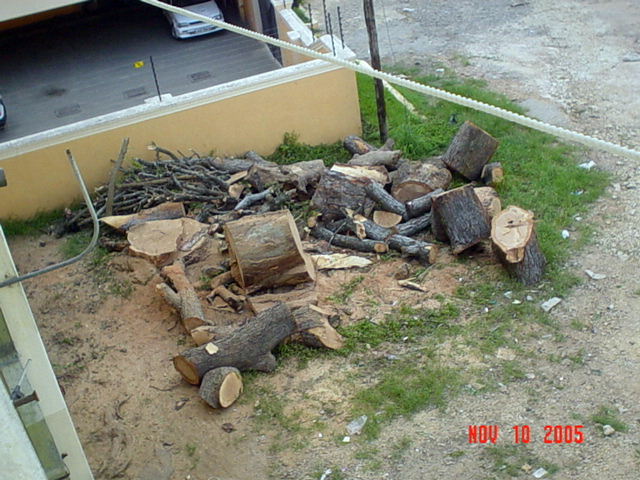The Holy Prophet Muhammad's Contributions to Mathematics and Science
Epigraph:
"And We (Allah) have sent thee (Muhammad) not but as a mercy for all peoples. (Al Quran 21:108)
Written and collected by Zia H Shah MD
Source: Muslim Sunrise, Winter, 2012 volume.
Science and technology are shared heritage of humanity. The Chinese, the Greeks, the Indians, the Arabs, the Europeans and the Americans have made large contributions in their time and will do so in future as well. As the Islamic Empire flourished for several centuries, while Europe was darkened by the Dark Ages, I believe that an honest study of the causes of the Dark Ages and European renaissance will lead to the inevitable conclusion that Muhammad, may peace be on him, was the Light of the Dark Ages. John Davenport writes in, an Apology for Mohammed and the Koran:
It is in the compositions of Friar Bacon, who was born in 1214, and who learned the Oriental languages, that we discover the most extensive acquaintance with the Arabian authors. He quotes Albumazar, Thabet-Ebu-Corah, Ali Alhacer, Alkandi, Alfraganus and Arzakeb; and seems to have been as familiar with them as with the Greek and Latin classics, especially with Avicenna, whom he calls 'the chief and prince of philosophy.' The great Lord Bacon, it is well known, imbibed and borrowed the first principles of his famous experimental philosophy from his predecessor and namesake Roger Bacon, a fact which indisputably establishes the derivation of the Baconian philosophical system from the descendants of Ishmael and disciples of Mohammed.
In a short paragraph, John Davenport has very precisely identified all the links in the human intellectual evolution.
Now I want to present George Sarton, who was a Belgian chemist and historian who migrated to USA because of the First World War. Encyclopedia Britannica says about him, "George Alfred Leon Sarton, (born Aug. 31, 1884, Ghent—died March 22, 1956, Cambridge, Mass., U.S.), Belgian-born U.S. scholar and writer whose voluminous research and publications concerning the history of science did much to make the subject an independent discipline." Dr. Abdus Salam, Nobel Laureate in physics, summarized Sarton's history pertaining to the Muslim scientists in an article, Islam and Science – Concordance or Conflict? Salam highlighted Sarton's evaluation of history in this article and it was published in Review of Religions in March 1995, he said:
Barely a hundred years after the Holy Prophet's death the Muslims had made it their task to master the then-known sciences. Systematically, they translated the entire corpus of the then known knowledge in their religious language, Arabic. Founding institutes of advanced study (Bait-ul-Hikmas), they acquired an ascendancy in the sciences that lasted for the next 350 years. A semi-quantitative measure of this is given by George Sarton in his monumental History of Science. Sarton divides his story of the highest achievement in science into Ages, each Age lasting 50 years. With each, he associates one central figure: thus, 500-450 BC is the Age of Plato, followed by the Ages of Aristotle, Euclid, Archimedes and so on. From 750 to 1100 CE, however, it is an unbroken succession of the Ages of Jabir, Khwarizmi, Razi,Masudi, Abu'I-Wafa, Biruni and Omar Khayam. In those 350 years, Arabs, Turks, Afghans and Persians chemists, algebraists, clinicians, geographers, mathematicians, physicists and astronomers of the commonwealth of Islam-held the world stage of sciences. Only after 1100 CE, in Sarton's scheme, do the first Western names begin to appear; however, for another 250 years, they share the honors with men of Islam like Ibn Rushd, Nasir-ud-din Tusi and Ibn Nafis.
Whereas, Plato, Aristotle, Euclid, and Archimedes are well known and common household names, the names of Jabir, Khwarizmi, Razi, Masudi, Abu'I-Wafa, Biruni and Omar Khayam are hardly known, in the West. If George Sarton's evaluation is true and I believe it is, then what a tragedy and injustice was perpetrated under the oppression of the Catholic Church and later the British Empire that humanity came to forget the names of its great Arab and Persian heroes and benefactors. What an epiphany to learn this after centuries of distortions! So, my task here is twofold, first to show that European science was built on the Latin translations of the works of the great Muslim pioneers and secondly that the Muslim learning from 8th-12th centuries was heavily influenced by the teachings of the Holy Quran, the literal word of God revealed to the Holy Prophet Muhammad, may peace be on him. For the first task let me introduce a few of the Muslim pioneer scientists and their contributions. Dr. Abdus Salam wrote about Alhazen, who I believe was the Father of Optics:
Ibn-al-Haitham (Alhazen, 965–1039 CE) was one of the greatest physicists of all time. He made experimental contributions of the highest order in optics. He enunciated that a ray of light, in passing through a medium, takes the path which is the easier and 'quicker'. In this he was anticipating Fermat's Principle of Least Time by many centuries. He enunciated the law of inertia, later to become Newton's first law of motion. Part V of Roger Bacon's 'Opus Majus' is practically an annotation to Ibn al Haitham's Optics.
The punch line here is, "Part V of Roger Bacon's 'Opus Majus' is practically an annotation to Ibn al Haitham's Optics."
|





No comments:
Post a Comment